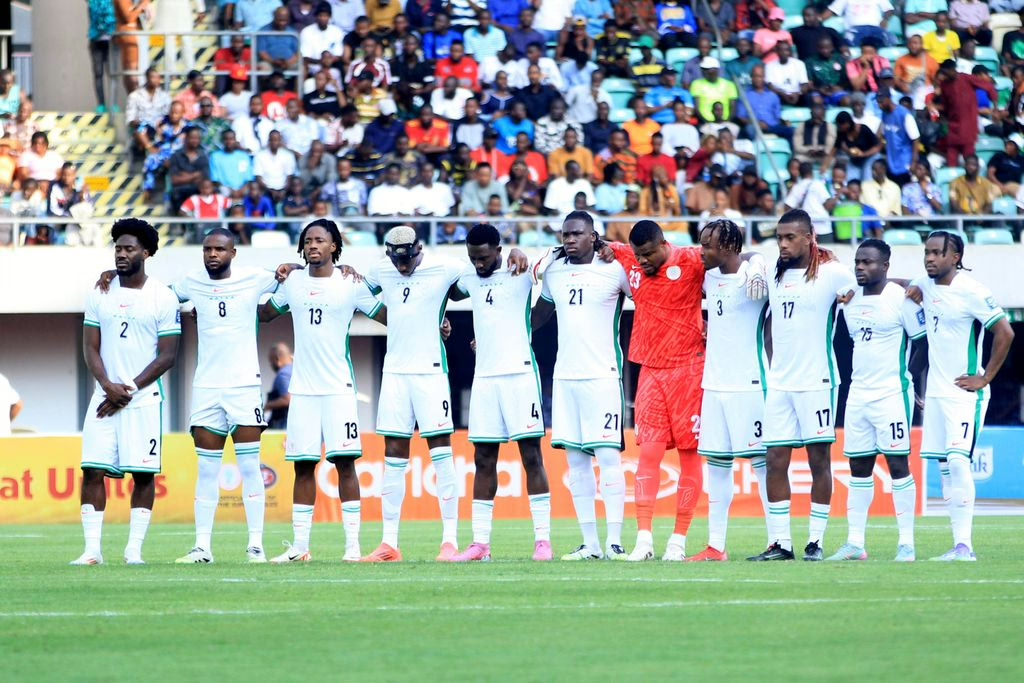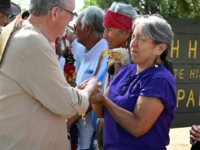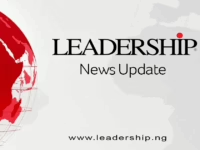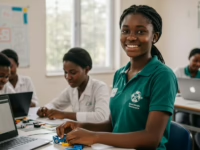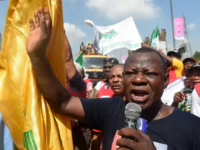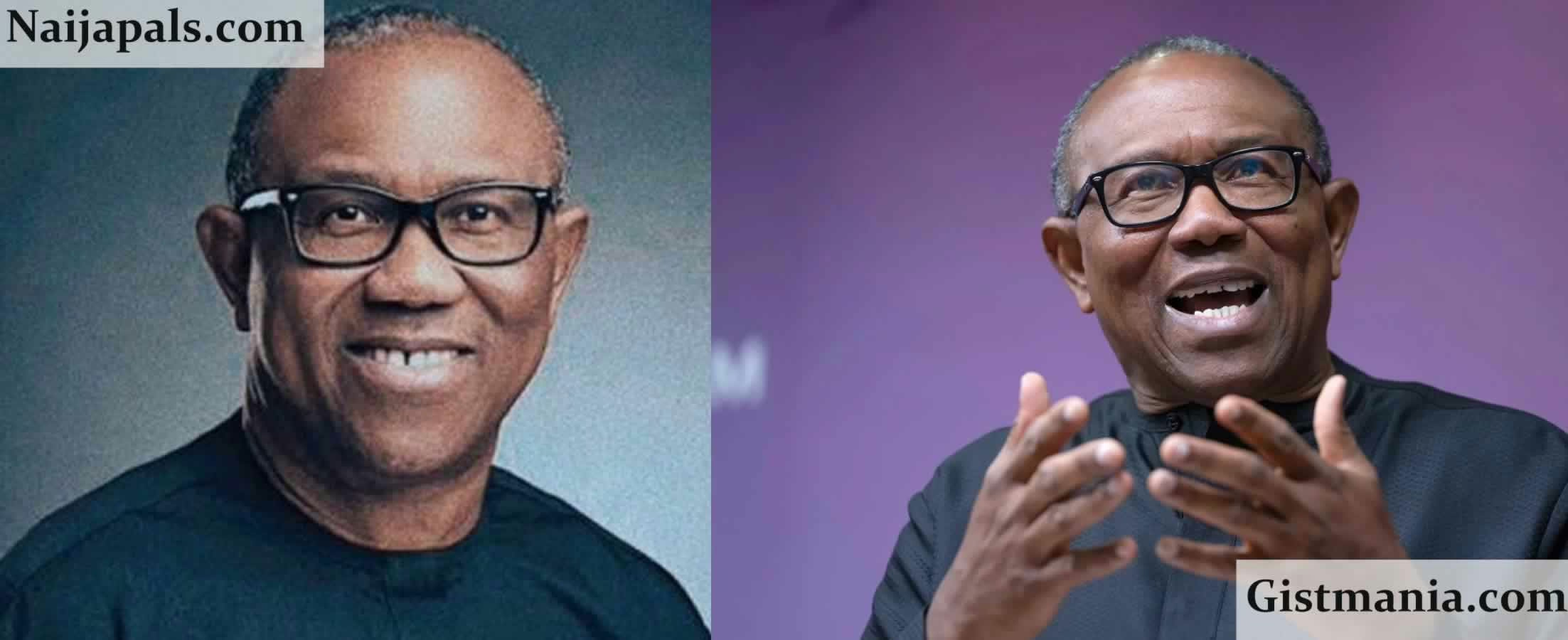Debt repayments now exceed healthcare spending in 32 African countries
Published On 13 Oct 2025
A coalition of over 30 prominent economists, former finance officials, and central bankers has urgently appealed for debt relief targeted at low- and middle-income nations. They emphasize that the burden of debt repayments is severely limiting governments’ ability to invest in essential public services.
In a statement issued ahead of the upcoming World Bank and IMF annual meetings, the group highlights that many countries are sacrificing development goals despite meeting their debt obligations.
“Governments worldwide are allocating excessive funds to debt servicing rather than investing in education, healthcare, climate initiatives, and other critical sectors,” the statement reads.
Notable signatories include Nobel laureate Joseph Stiglitz, former Governor of Colombia’s Central Bank Jose Antonio Ocampo, and ex-Finance Minister of South Africa Trevor Manuel.
The economists reveal that African states dedicate roughly 17% of their government revenues to servicing debt. Alarmingly, 32 African countries spend more on external debt repayments than on healthcare, and 25 prioritize debt payments over education funding.
The letter proposes that limiting debt servicing to 10% of government revenue could enable access to clean water for approximately 10 million people across 21 nations and potentially save around 23,000 children under five from preventable deaths annually.
This urgent appeal coincides with mounting pressures on healthcare infrastructures throughout Africa.
Research by ActionAid earlier this year found that 97% of healthcare workers in six African countries reported their salaries were insufficient to cover basic living expenses. Nearly 90% also cited shortages of medicines and medical supplies due to budget constraints.
Compounding the crisis, international aid budgets are contracting. The United States, once the largest global donor, has reduced its aid allocations this year amid shifting policy priorities under President Donald Trump’s administration.
The International Rescue Committee notes that 10 of the 13 countries most affected by these US aid reductions are located in Africa.
The economists criticize current debt relief initiatives as inadequate. The Group of 20’s existing framework has only alleviated about 7% of the external debt owed by vulnerable countries.
They urge global leaders to take decisive steps to ease debt burdens, overhaul the World Bank and IMF’s debt sustainability assessments, and establish a “Borrowers’ Club” to empower countries in negotiating debt terms.
“Taking bold measures on debt will translate into more children attending school, increased healthcare staffing, and stronger climate action,” the letter concludes.





